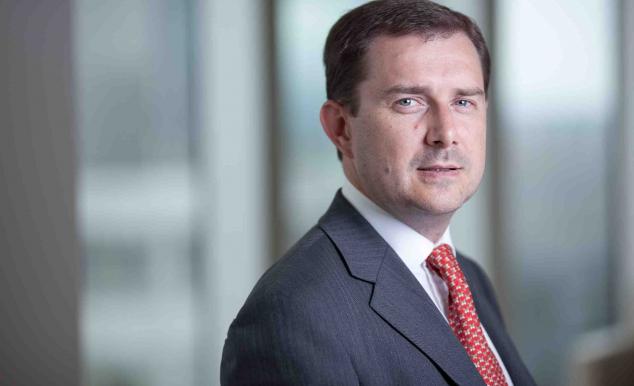We were not surprised to see European equities perform strongly in 2013. Valuations started 2013 at very low levels and, with Mario Draghi, President of the European Central Bank, committed to returning stability, investors allocated to equities again at the expense of their bond holdings – a theme that we expect to continue until interest rates return to more normal levels.
It is important to recognise, however, that the upwards move in markets in 2013 was driven largely by sentiment, in anticipation of faster growth in corporate profits for 2014. Companies now need to meet these expectations, with improving earnings acting as a catalyst to further share price gains, or there could be repercussions for European equities.
Improvements in the global economy are cause for optimism, but it is probably fair to expect a higher level of share price volatility in 2014. Indeed we have already seen evidence of this in the first three months of the year, with two stockmarket falls of over 5.0%, prompted by broadly disappointing results for the fourth quarter of 2013, US tapering-induced emerging market fears and, most recently, concerns over the Ukraine.
While stockmarket volatility and political uncertainty are not welcomed by investors they provide a good opportunity for long/short strategies – funds that are designed to make money from markets that go down as well as those that go up, although returns are not guaranteed. Long/short funds can quickly reduce their net exposure to equity markets, which can help to preserve client capital when markets are falling. Equally, when fear looks overdone, they can increase their exposure to individual stocks and subsequently benefit from any market rises.
Of the risks themselves, the developments in the Ukraine are clearly the most immediate. Economically, it makes no sense for either Russia or the West to allow the conflict to escalate. Putin has seen the Rouble depreciate considerably and the Russian equity market tumble. Equally, Germany is still thirsty for Russian energy supplies and will not want to risk the fragile recovery that is coming through in Europe.
A lesser-discussed, but equally important, factor for fund returns is stock pricing correlations. Following the global financial crisis, there was very little dispersion in price movements, indicating that investors were buying or selling primarily in response to macroeconomic news, rather than company fundamentals. Yet 2013 saw stock pricing dispersion notably higher, increasing the focus on the qualities or shortcomings of individual firms. And with correlations thus far remaining low in 2014, this supports our belief that stock selection will remain critical to generating a positive return for investors this year.
Léopold Arminjon, portfolio manager of the Henderson Horizon Pan European Alpha fund

